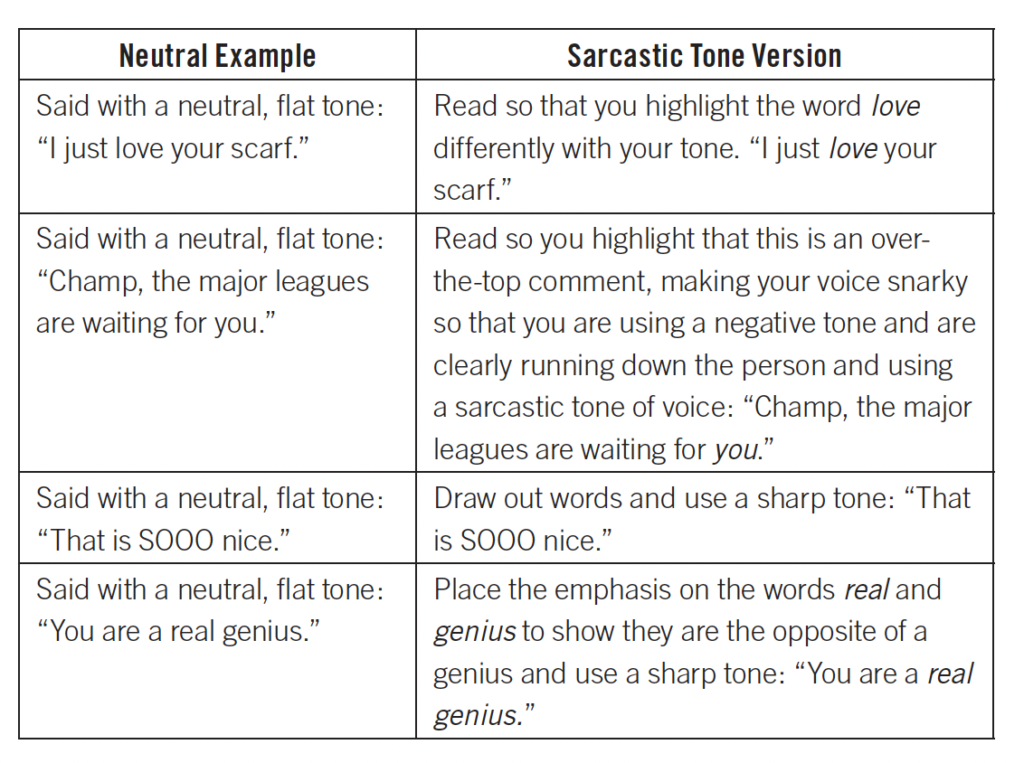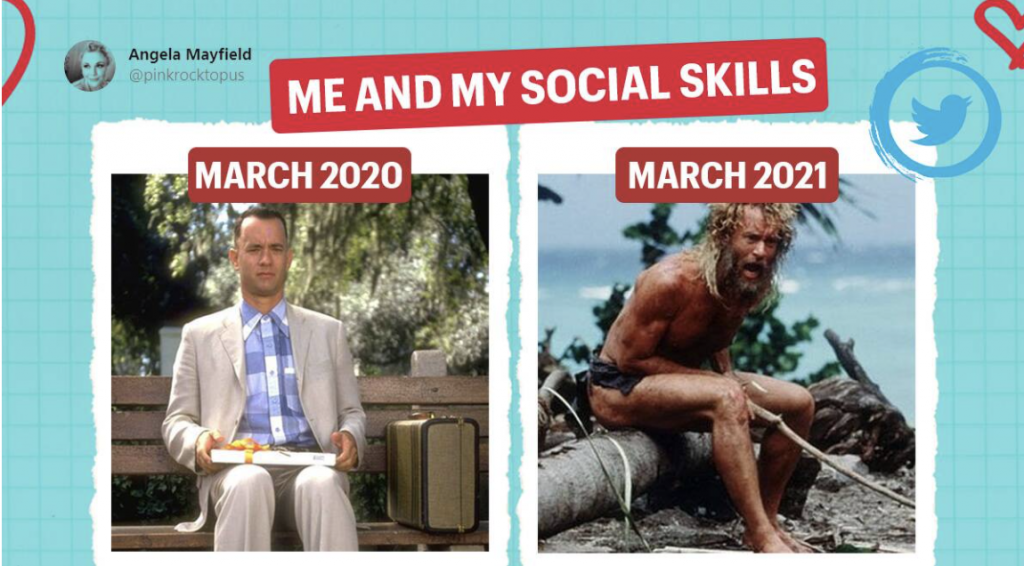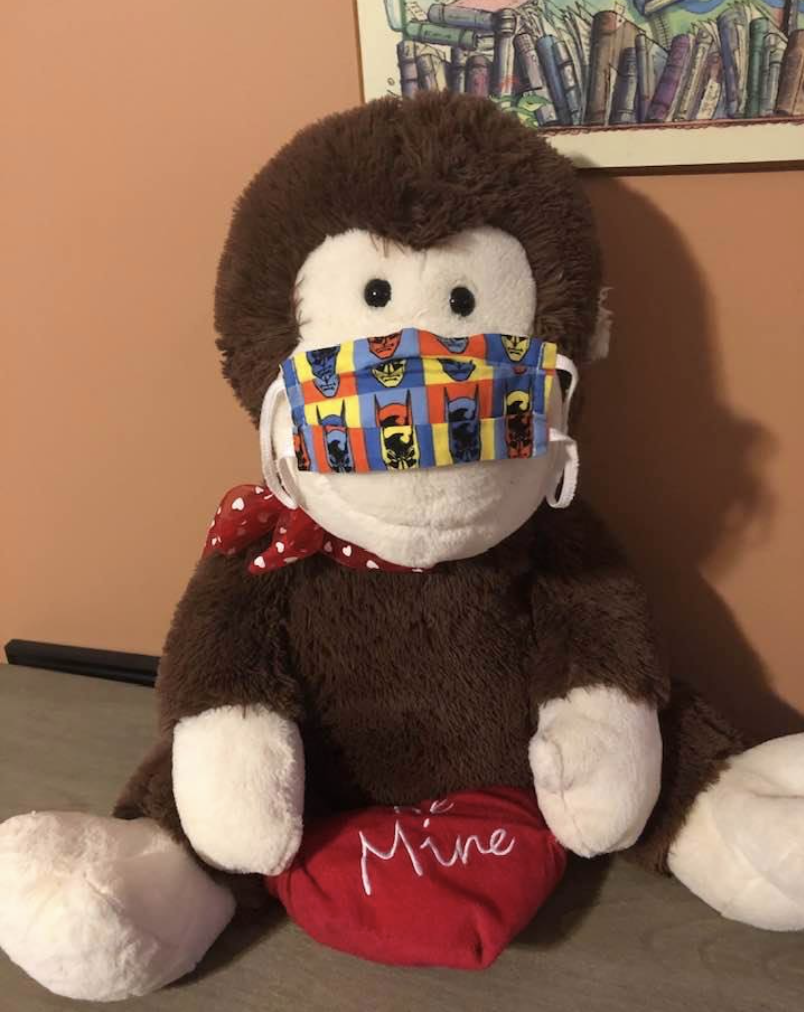Social Skills Win the Interview
You thought that your background and experience should get you the job, right? Yes, and no. They are only part of the equation. Of course your skills, knowledge and expertise are important, however, they don’t tell your whole story. This may seem unfair. You’d like to believe that when you’re interviewing for a job, all that counts is your background and experience. Yes, the interviewer and hiring manager care about your skills, responsibilities, expertise and knowledge, however, social skills can win the interview.
Adopt a Sports Mentality
Interviewing can be stressful, intimidating and uncomfortable. You may want this position desperately and fear that your eagerness may get in the way of successfully highlighting your accomplishments.
You may find yourself across the table from a tough adversary, so a sports mindset shift may be in order.
How is Your Attitude?
A bad attitude can keep you from getting the job, regardless of your qualifications. Temperament, communication style, social and interpersonal skills are crucially important. Is there a possibility you may alienate other staff members? Will you be accepting of feedback? Will you be hard to work with and difficult to coach?
You may have lost your job and are understandably angry, even bitter. It may have not been your fault, but it is paramount that you don’t let these feelings show. The hiring manager doesn’t know you or your former boss. Negative, disparaging comments will surely turn her off. Don’t let this red flag wave; instead, come across as a positive, collaborative winner.
7 Social Skills that Win the Interview
Getting the job done is what a manager is looking for. If you present yourself, even inadvertently, as disinterested or non-motivated, you won’t get the job. Energy, positivity, intelligence, drive and enthusiasm is what they are looking for. Wouldn’t you?
-
 Sell Yourself
Sell Yourself
Do your homework in advance. What is the company’s products and mission? If you prepare, you will come across as interested in the opportunity. You should also learn how to make a good case for yourself. Yes, the resume and education are important, but they want to interview YOU. If only the resume was important, why would they invite you in? You want to come across as someone who will make their job easier, not harder.
-
Look the Part
The attire you select should fit the job and the company’s guidelines. Even if the interview is via a video call, you still need to look the part. When in doubt, dress a step above the role.
-
Your Environment
If you’re on a video call, check the lighting to make sure you are well-lit. Make sure the internet connection works, the sound quality is sharp and the background is tidy.
-
Voice and Tone
Your voice is an important element of who you are – use it to your advantage. Are you speaking clearly and confidently? Are you concise, yet offering more than a one or two word answer? Avoid meandering and going off on tangents. Have a tight narrative. (download How to Tell a Tight Story).
-
Emotions
This is an exciting opportunity. Show your interviewer enthusiasm and excitement. Be genuine and authentic. Let them see the real you. The more the interviewer feels like they know you, the closer you will be to receiving an offer. Smile warmly, sprinkle positive action words into the conversation, lean forward, and look engaged.
-
Open-Ended Questions, Repeat and Reframe
Open-ended questions work in your favor. They help to involve the interviewer and get her talking. This isn’t a one-sided interview. Getting others to talk freely is an important social emotional skill. Be genuinely interested, focus intently on the interviewer and repeat or reframe the dialog to show that you’re engaged. This also ensures that you are on the same page with the interviewer. Ask questions when they come up, don’t wait until the end of the meeting. Use their name in the conversation, it’s an interesting hack that gets them involved with the conversation.
-
Body Language
Your body language speaks volumes. To help you look engaged, assertive, confident, in control and desirable look directly into the lens or into your interviewer’s eyes. Smile, keep your posture strong, your shoulders back, your and head held high. Demonstrate you are paying attention by nodding your head in agreement and avoid squirming in your seat or allowing your eyes to wonder or roll. You want to convey warmth, openness, and friendliness.
Good Social Skills Get the Job
Social Skills can win the interview. They are critical to getting the hiring manager to warm up to you. Look at the hiring process from the employer’s perspective. Would you want to hire the likeable, warm candidate that may need some coaching over the arrogant or unfriendly candidate that has more experience?
Deeper Dive:




